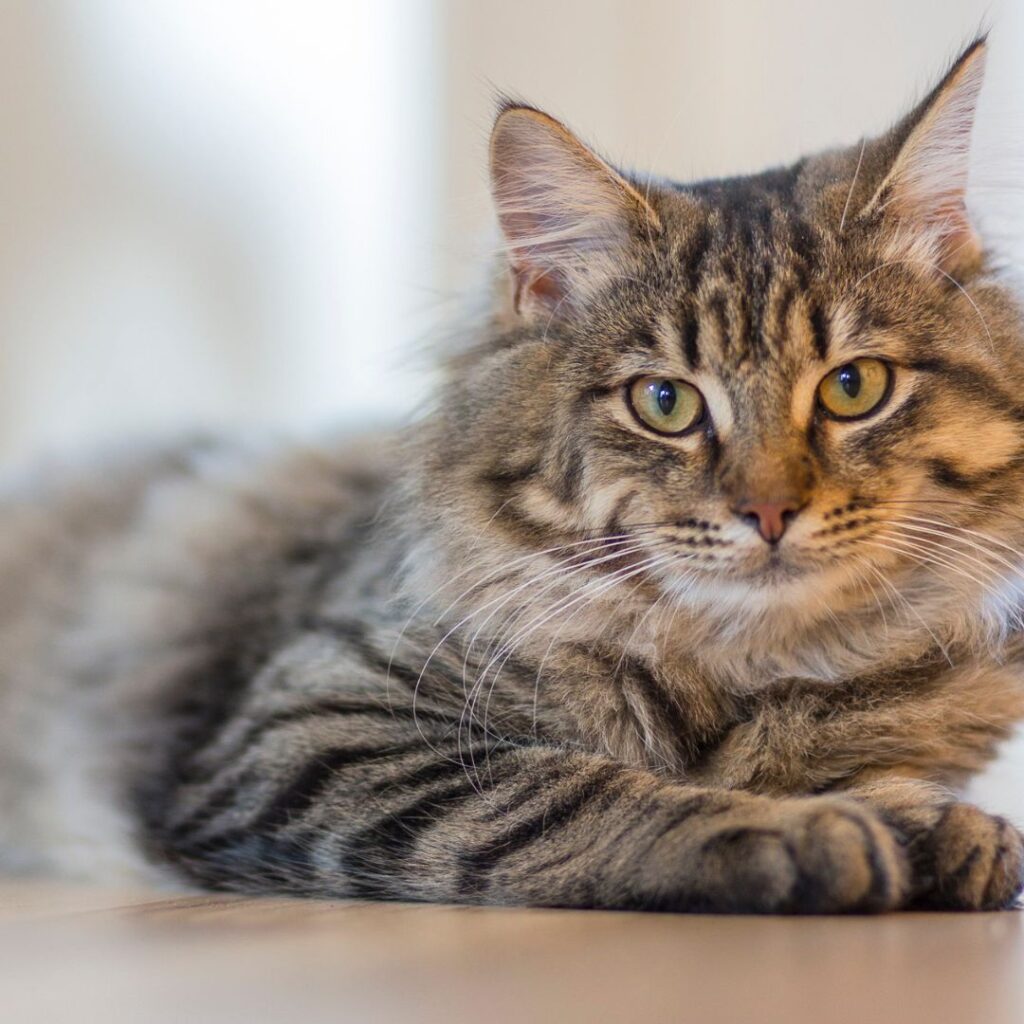
Everything in nature has a purpose, including the curious way your cat responds to different plants. This insight sums up our feline companions’ complicated connection with plants. While catnip sends them into a playful frenzy, others make them avoid the area.
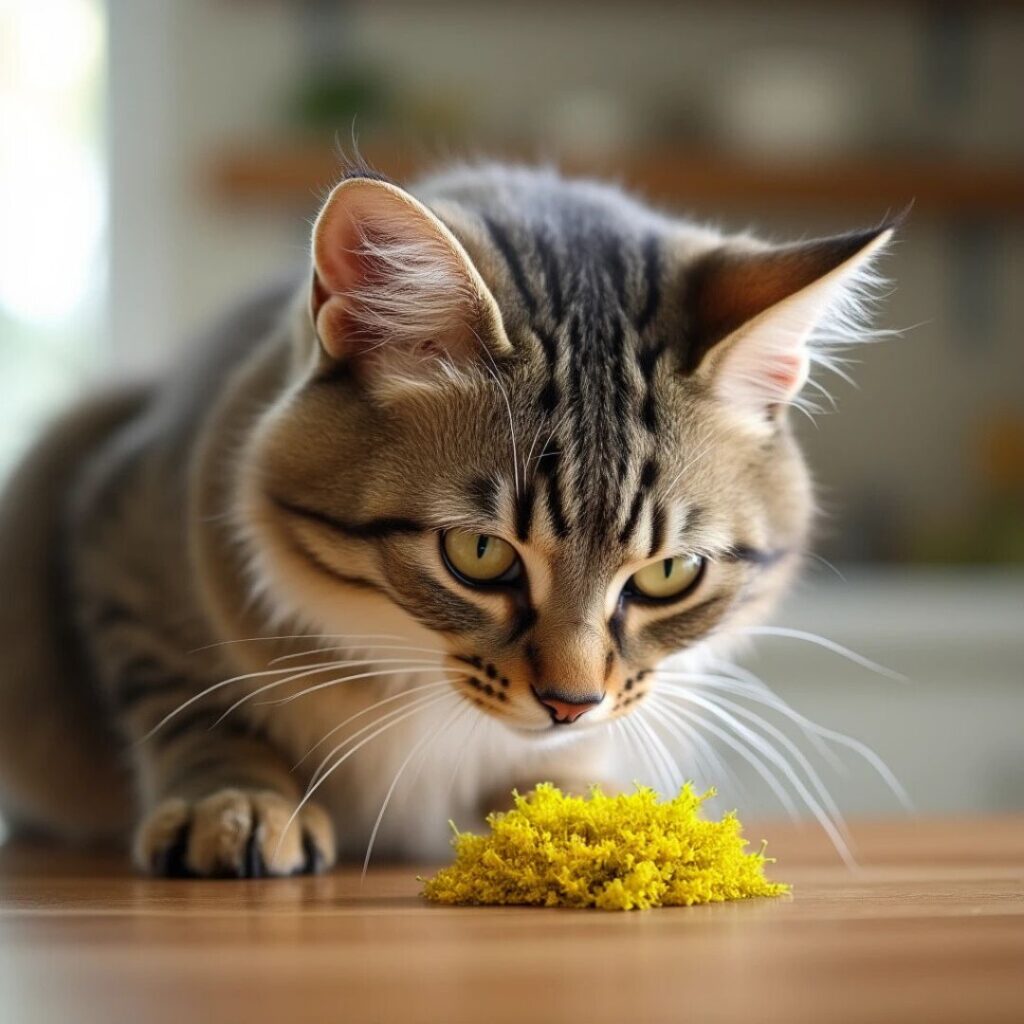
Although sea moss (also known as Irish moss) is popular in human health circles, our feline companions don’t share this opinion. Sea moss is of little interest to most cats, and for good reason. Cats are mostly terrestrial predators by nature, and they are not usually attracted to sea vegetation. Sea moss is not toxic for cats, though. You don’t have to worry if your cat wants to investigate while you’re making your sea moss smoothie—they won’t gain from it in the same way that people could. So do cats like sea moss? The answer is no, not because it is harmful to them but simply because it is not on their list of food. Don’t expect them to beg you for a taste.
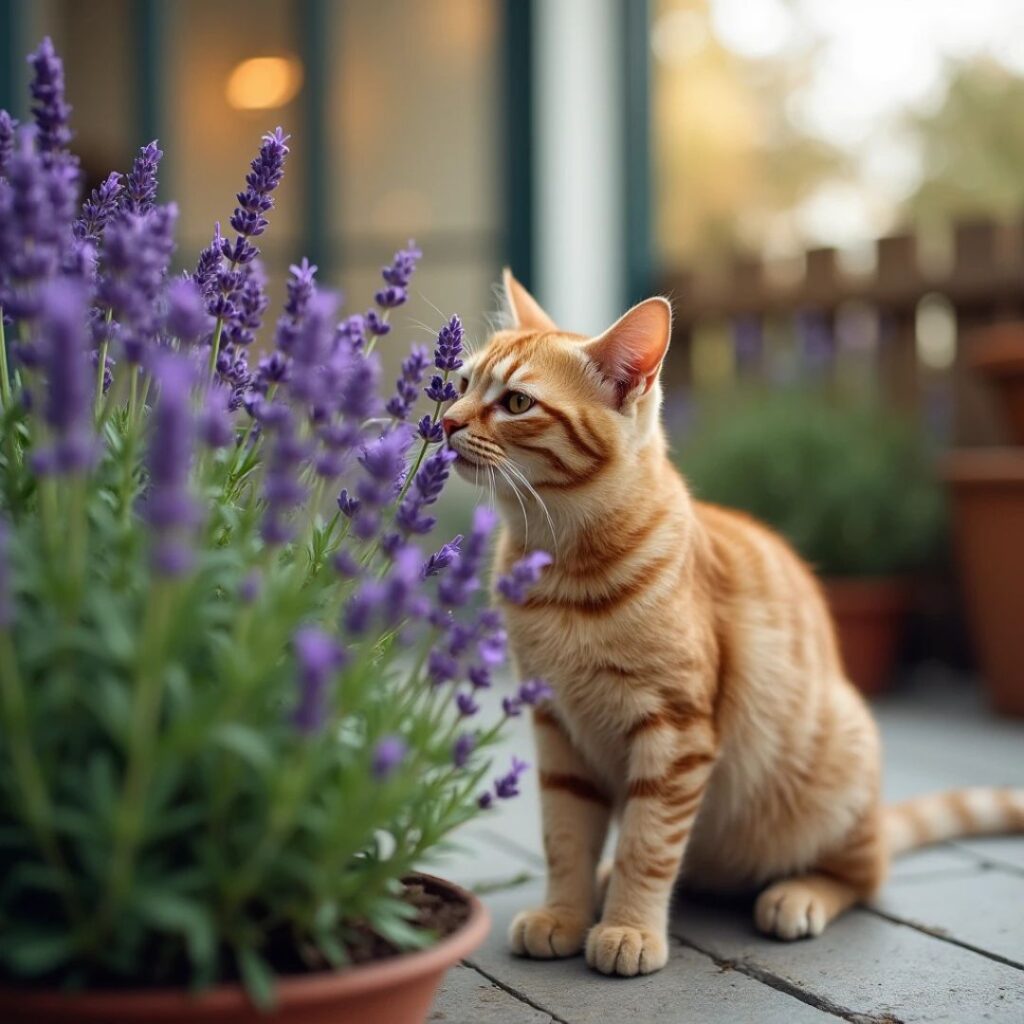
This is where the fascinating part starts! Cats and lavender, a purple flowering plant, have a complex connection despite people enjoying its soothing aroma for its calming purpose. Actually, most cats don’t like the overpowering lavender smell. Their delicate noses find it overpowering, and they tend to stay away from lavender-scented locations.
A crucial safety warning: if you want to use lavender in your house, use only dried lavender in sealed containers as essential oils can be poisonous to cats.
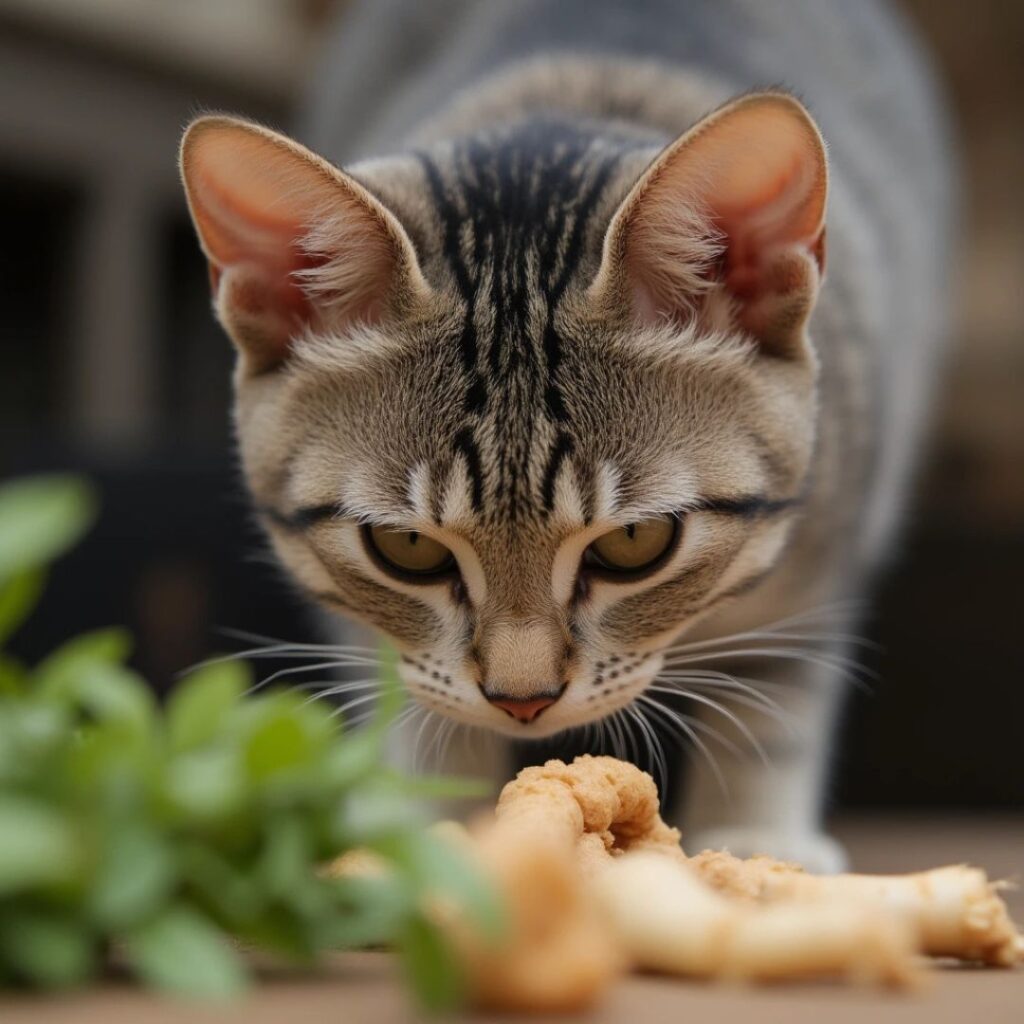
Another herb that cats usually don’t find appetizing is ginseng. Cats naturally avoid it as it can be potentially toxic to them in high quantities, leading to digestive problems. The pungent, earthy scent of this root is not what cats are drawn to in a plant. Your cat is probably not very interested in ginseng or consuming it for personal health reasons. But always store dried or processed ginseng carefully out of reach of curious paws, as concentrated forms may upset the stomach if consumed.
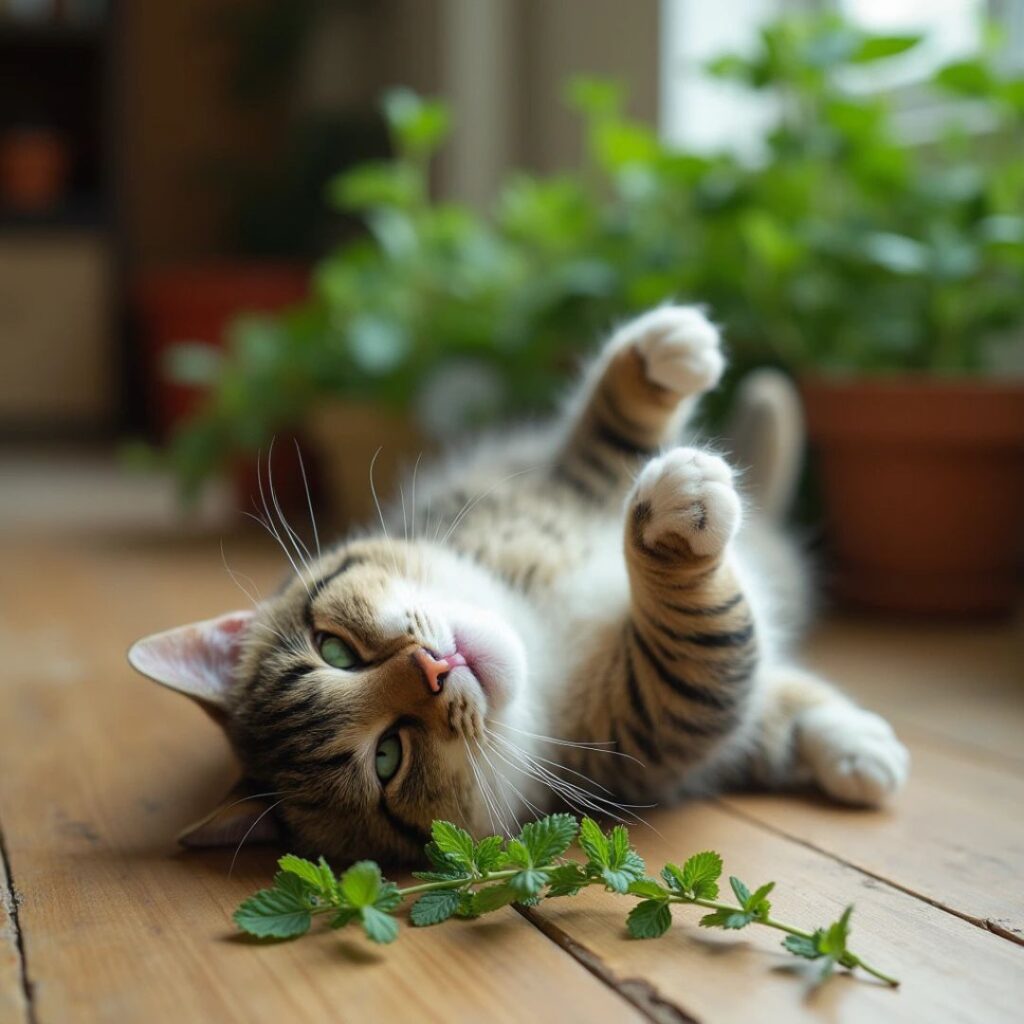
Here’s where cats amaze us, though! Though they generally stay away from strong-smelling herbs, many cats are obsessed with several varieties of mint, particularly catnip, which belongs to the mint family. The response can be very entertaining, displaying evidence of sheer feline delight, rolling, and joy. The problem is that not all mints are suitable for cats. If consumed, spearmint and peppermint may upset their stomach. If you want to give your feline buddy a mint family treat, stick to cat-safe options like catnip or catmint.
This article is important for more reasons than only feeding your curiosity; it also helps you provide a secure and stimulating home for your feline companion.
Certain plants, like catnip, can amuse safely, but other plants need to be avoided.
Sign up for our newsletter and receive the next story before it is lunched
Our blog is made with love to give you advice on how to take care of your beloved pets and to help you learn everything about their stories